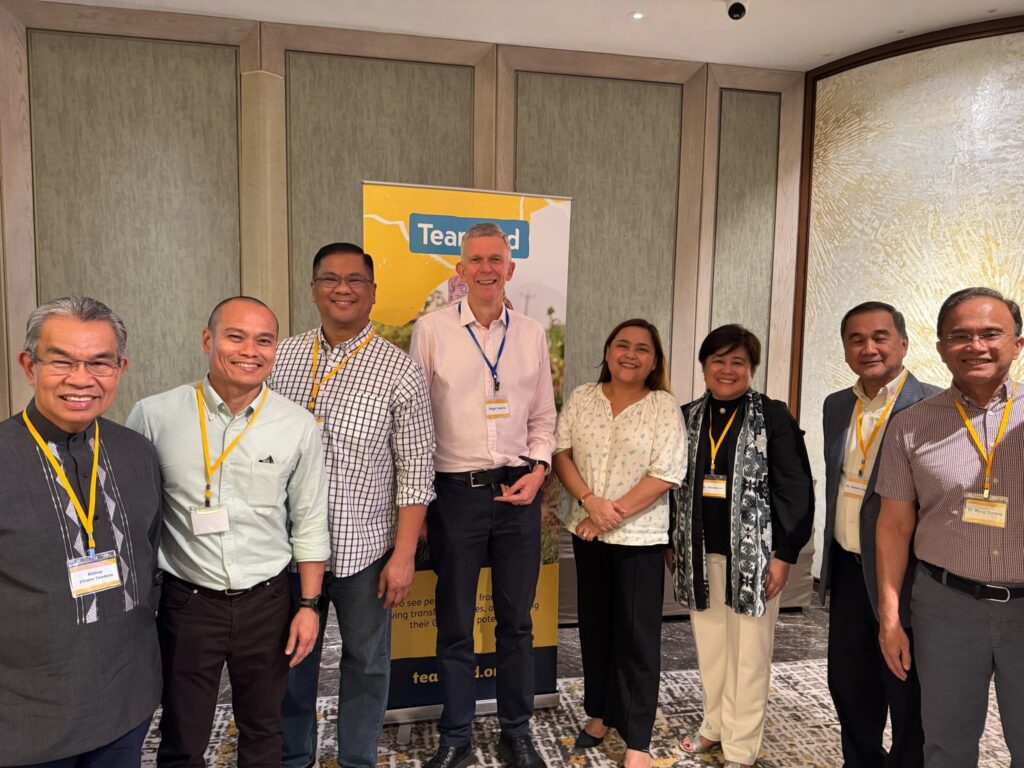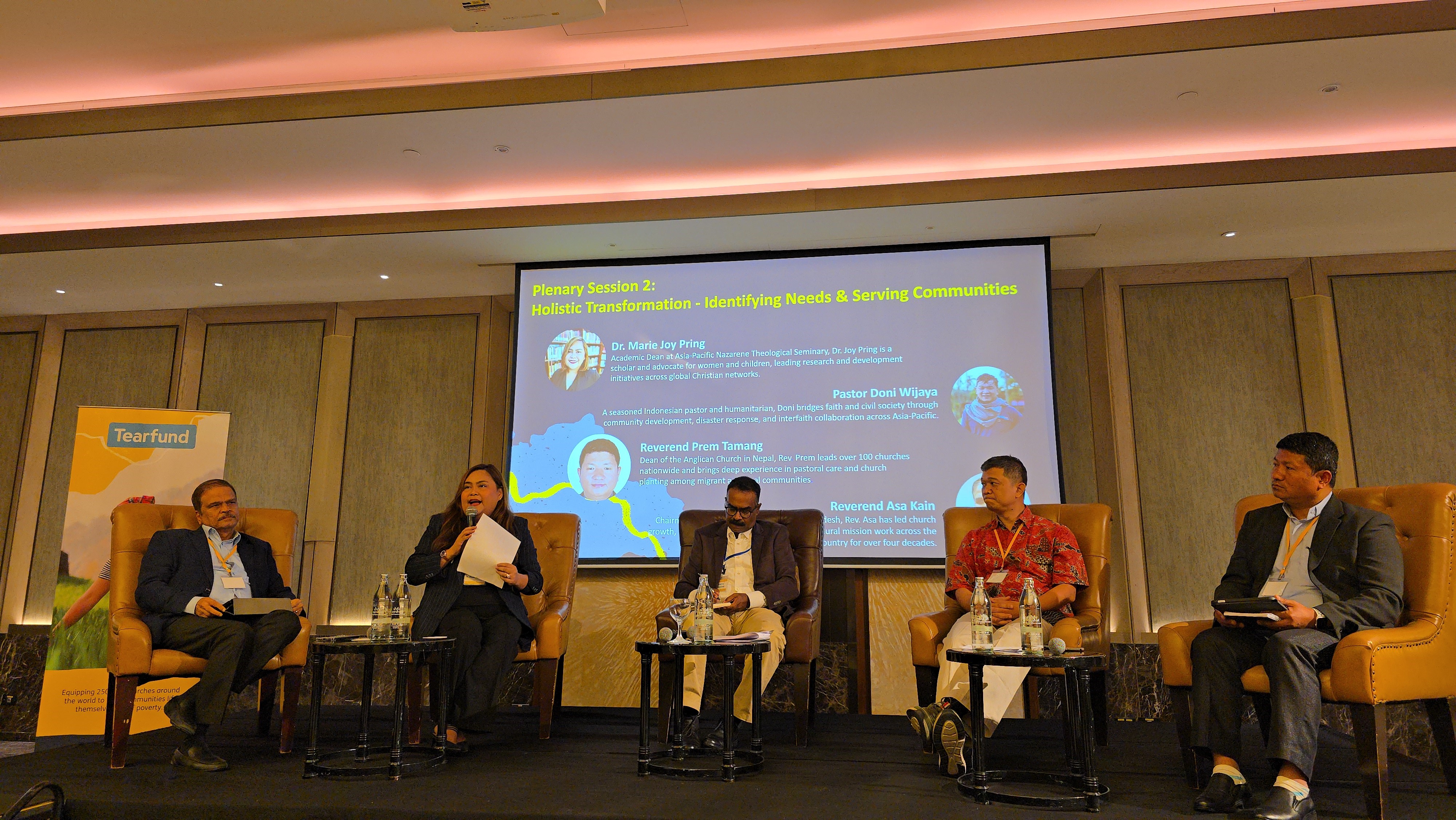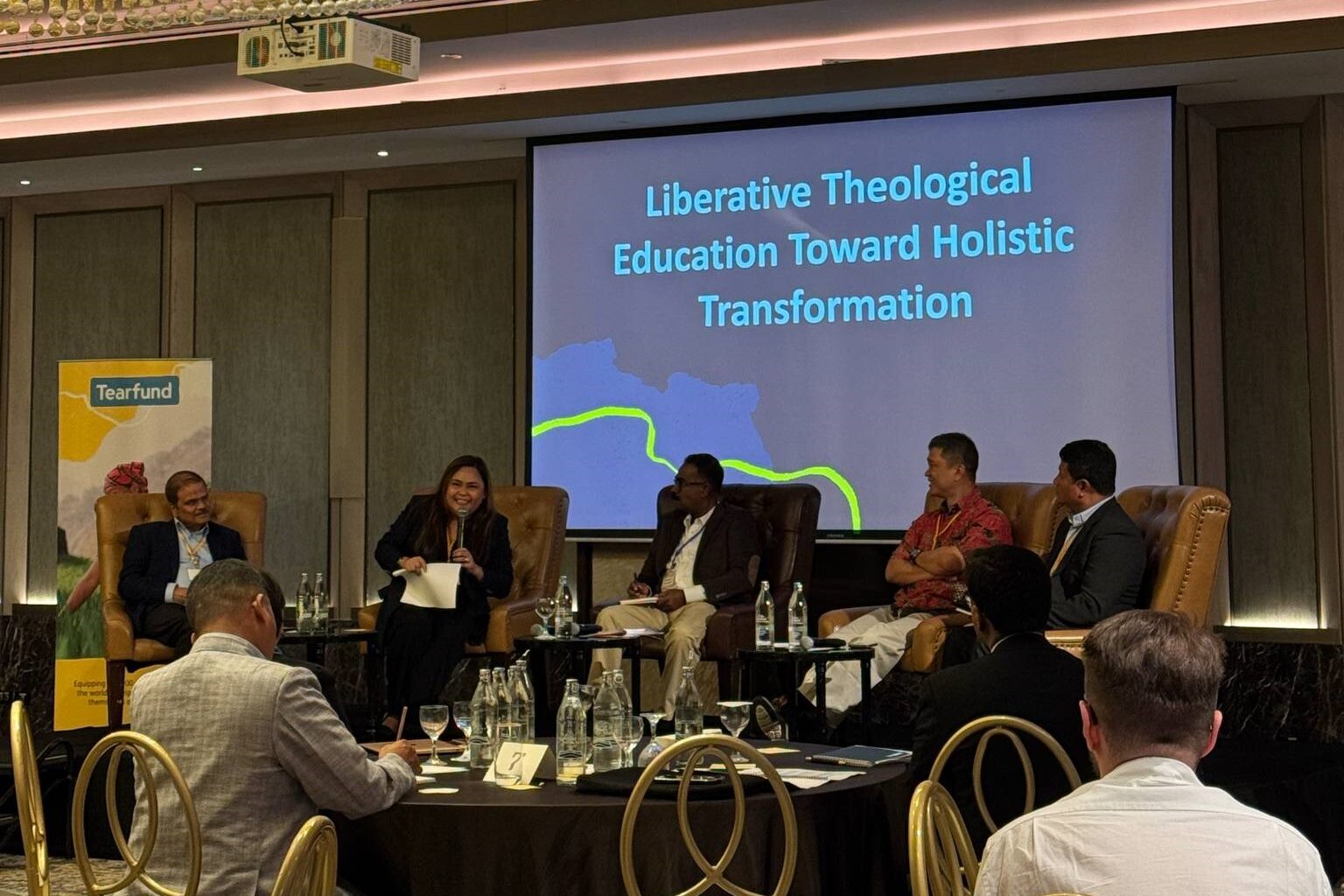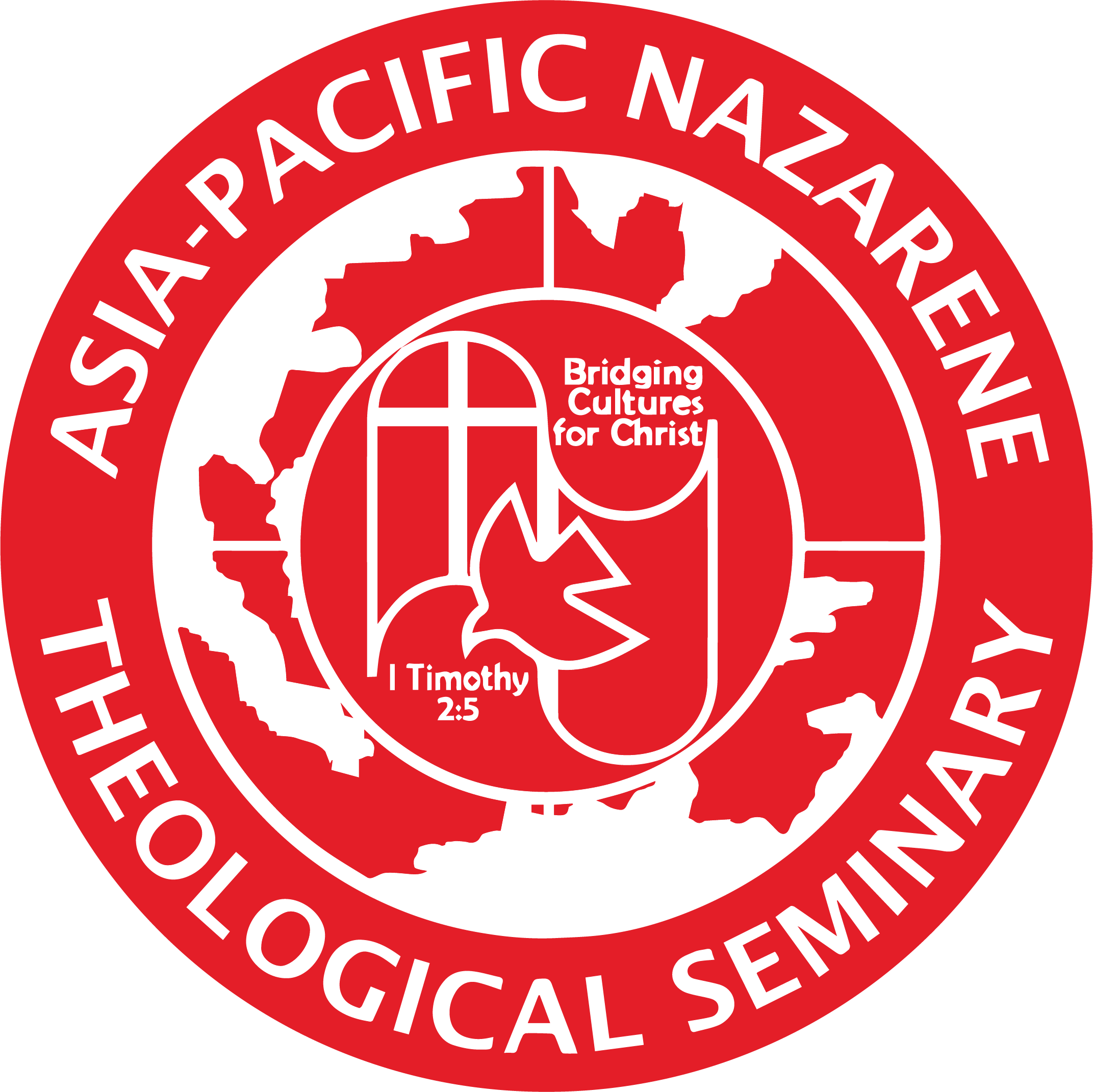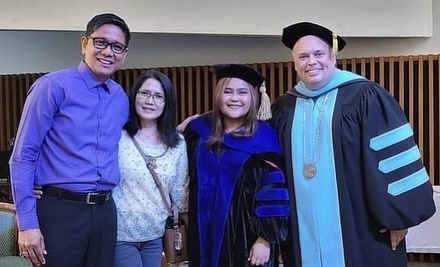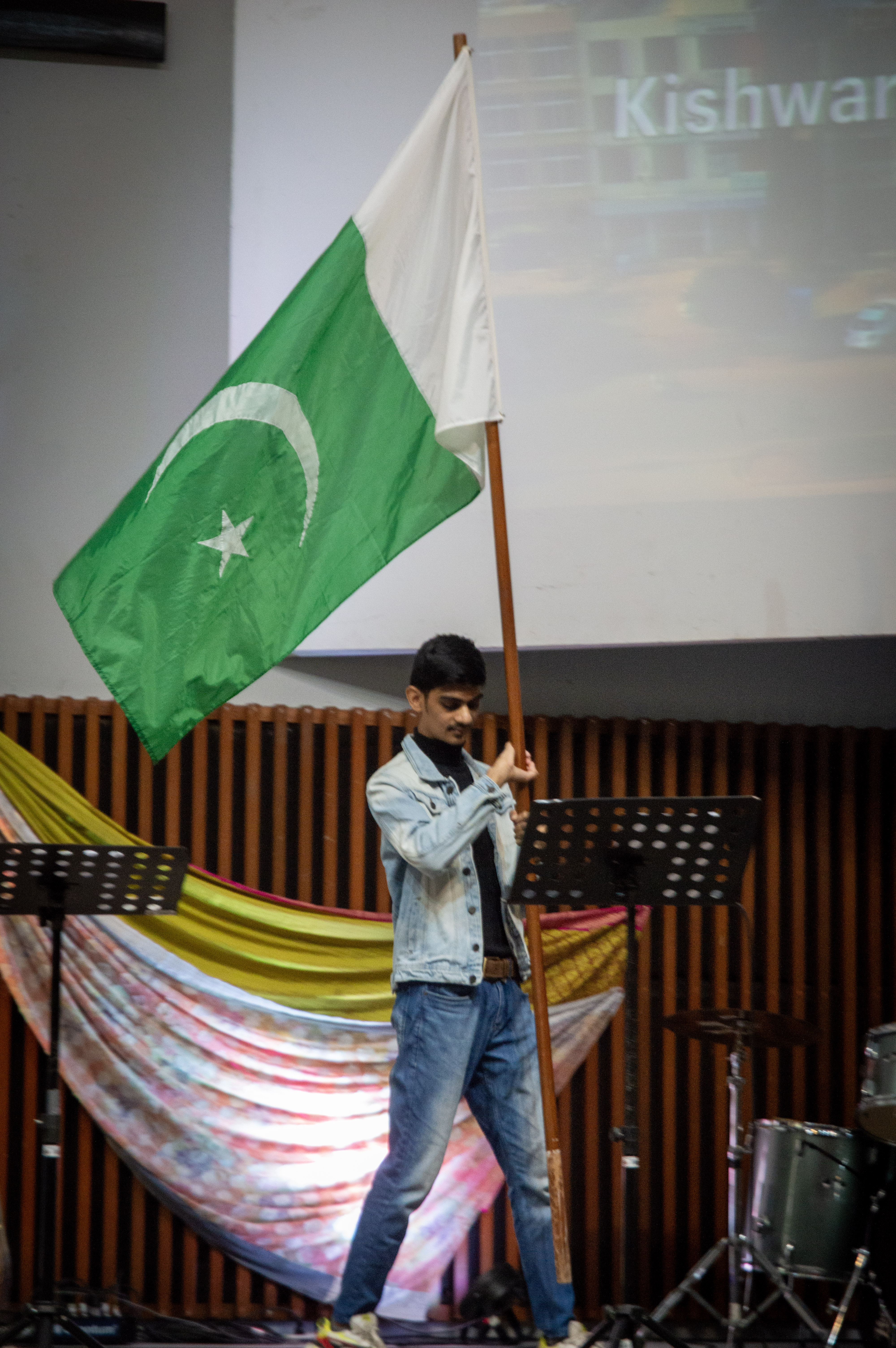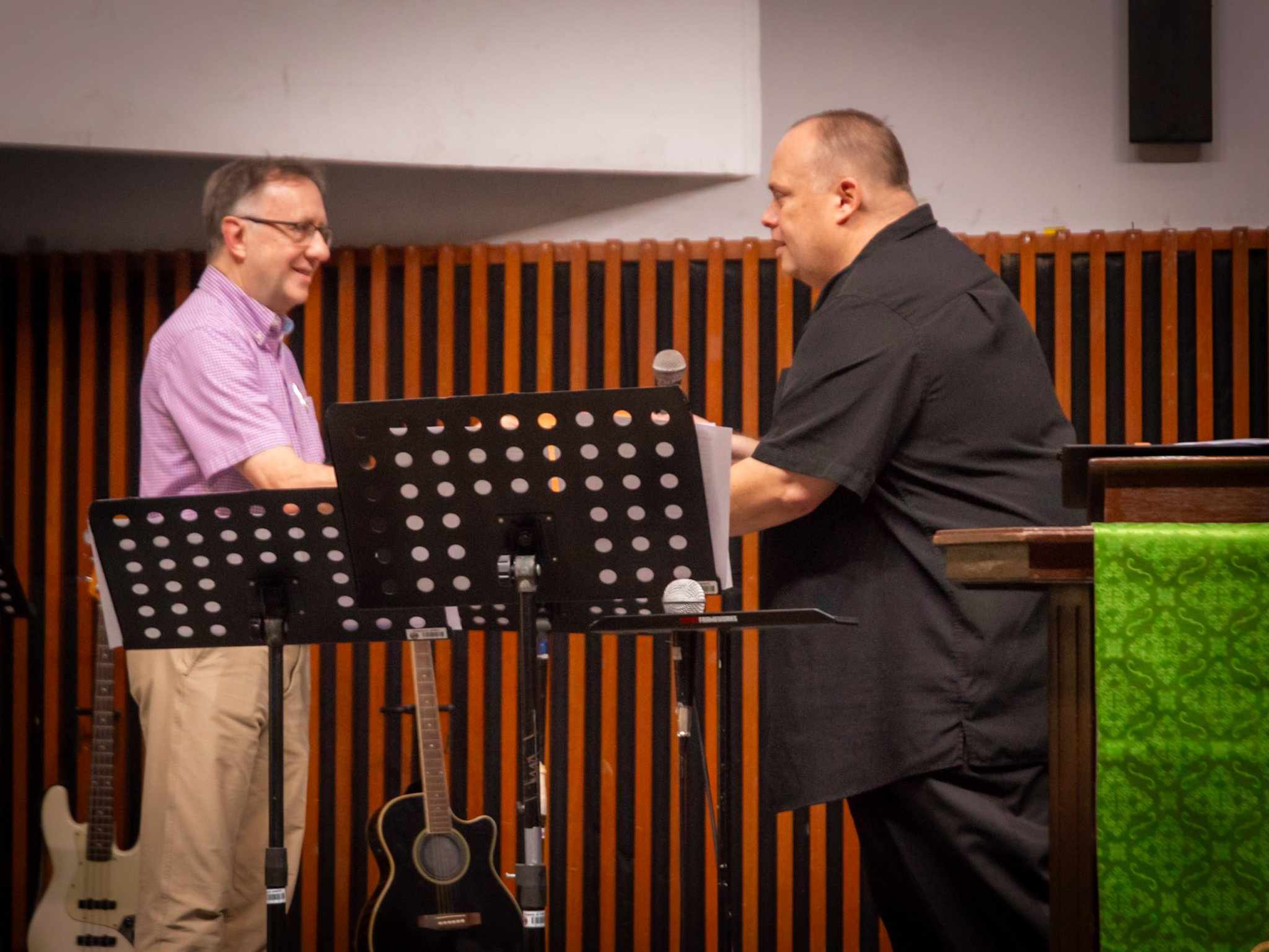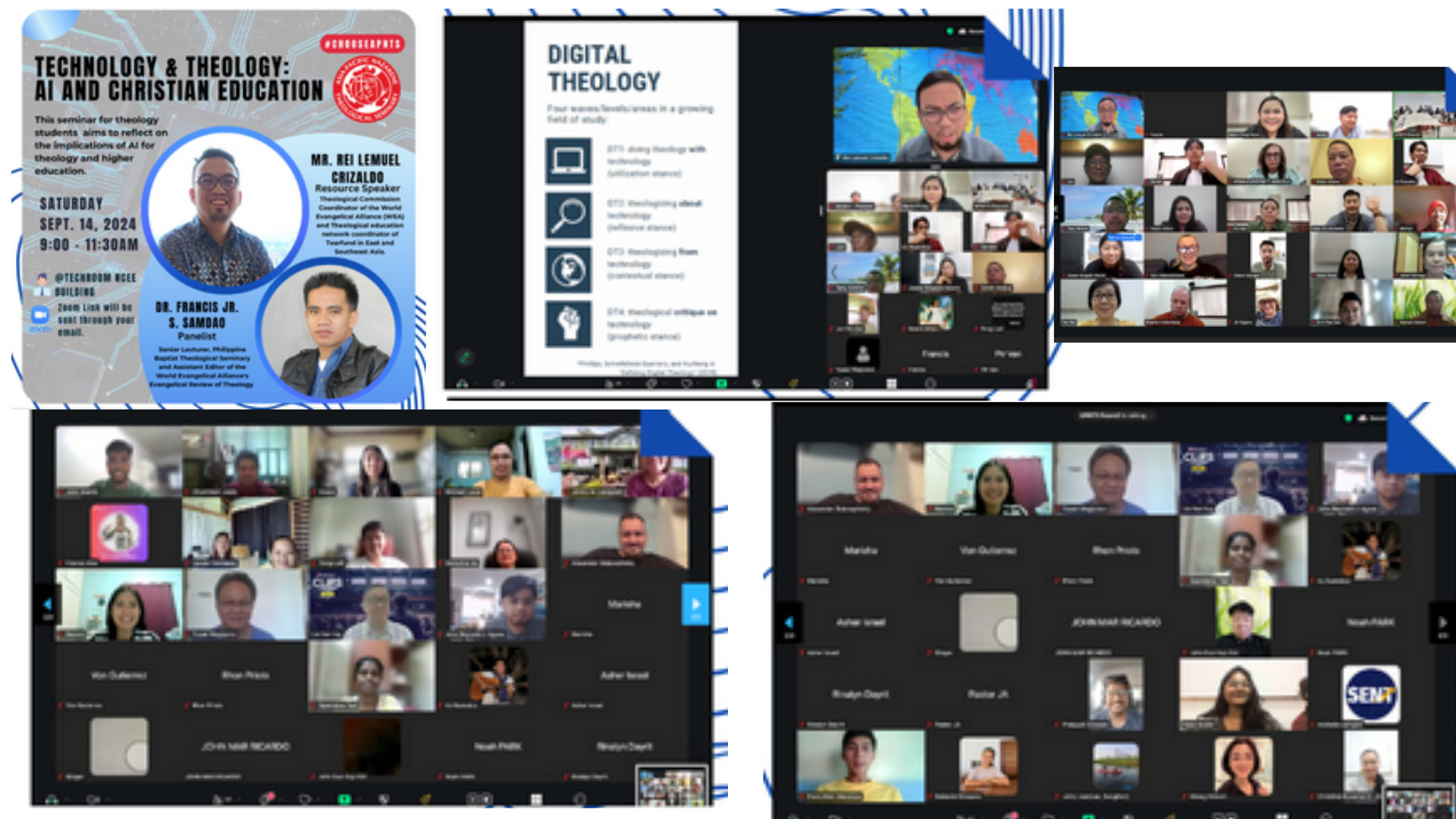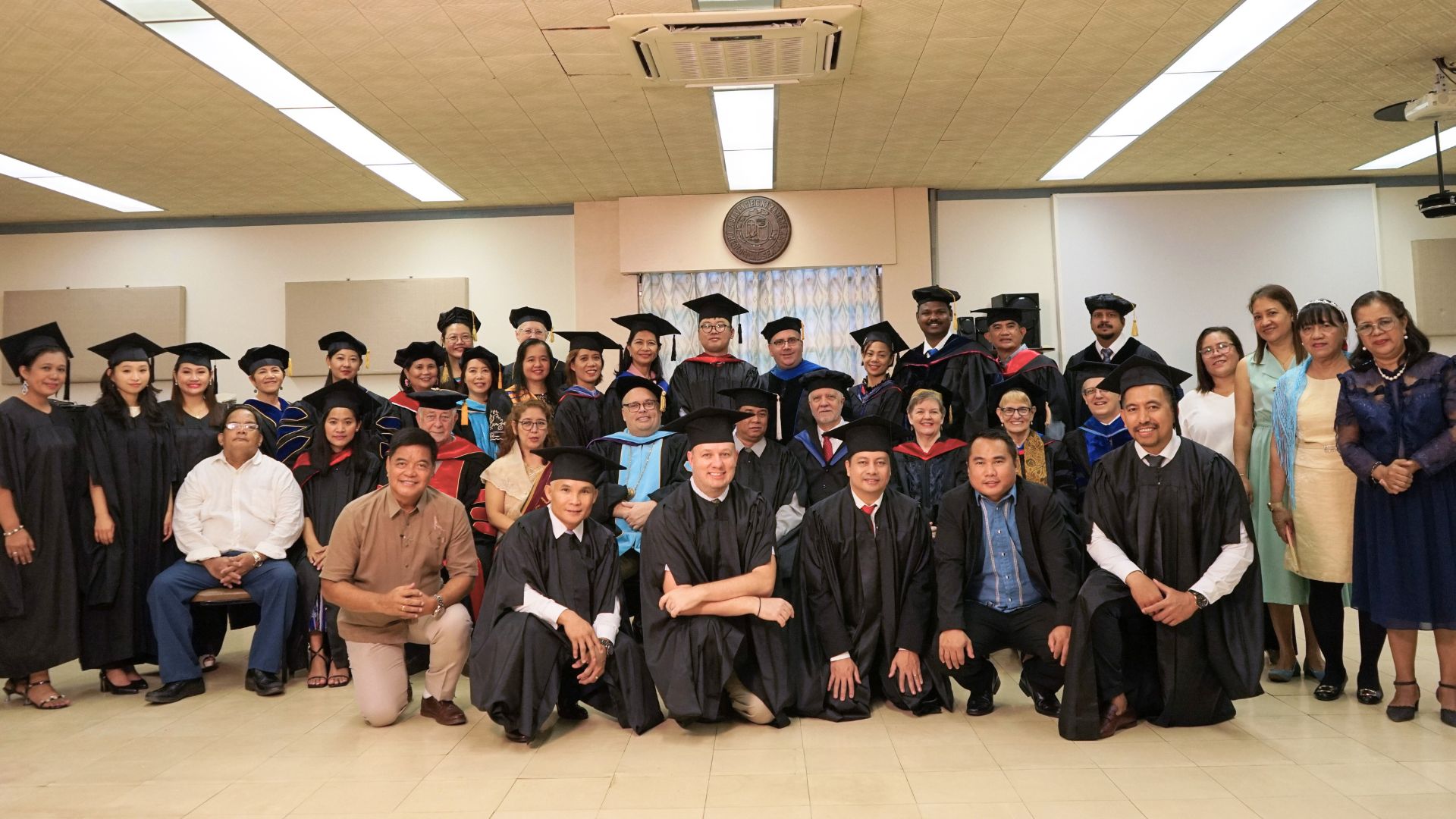Liberative Theological Education Toward Holistic Transformation
Asia’s leading voices on Holistic Transformation gathered to envision a transformed future. 14+ nations, representing 50,000 churches and 10 million people, came together to imagine what Asia looks like when we work together toward holistic transformation.
The Holistic Transformation Asia Consultation (HTAC), hosted from May 8–10, 2025, in Bangkok, Thailand, convened church leaders, theologians, and development practitioners to explore how faith communities can drive holistic transformation spiritually, socially, economically, and environmentally. Led by Tearfund, the consultation engaged in critical conversations around justice, sustainability, and the role of theological education in shaping resilient communities.
A key voice in the event was Dr. Marie Joy Pring-Faraz, Academic Dean at Asia-Pacific Nazarene Theological Seminary (APNTS), who presented in the second plenary, Holistic Transformation Identifying Needs & Serving Communities. Her paper, Liberative Theological Education Toward Holistic Transformation, underscored the urgent need for theological institutions to confront systemic barriers that perpetuate cycles of poverty, oppression, and spiritual disenfranchisement.
Drawing from African theologian Engelbert Mveng’s concept of the indigence of being, Dr. Pring-Faraz highlighted how many seminary students, faculty, and church leaders struggle with identity loss, oppression, and marginalization remnants of historical injustices and modern socio-economic challenges. She argued that theological education must be liberative, fostering critical reflection and empowerment so that leaders are equipped not only intellectually but holistically emotionally, ethically, and socially to engage the realities of their communities.
Dr. Pring-Faraz framed her vision around the Emmaus story in the Gospel of Luke, emphasizing that theological education should be “a space where the disheartened and marginalized encounter the transformative presence of Christ.” Like the disciples on the road, theological institutions must cultivate companionship, reinterpret Scripture, and deep listening, ensuring that graduates are competent in doctrine and resolute in calling for justice and compassion.
Her insights resonated deeply with attendees, particularly those involved in community-based development, theological education, and advocacy. By championing liberative theology, she positioned theological education not as an isolated academic pursuit but as a vital force for social change, challenging institutions to rethink curriculum, leadership formation, and engagement with pressing global concerns. Church leaders and theological institution administrators from Bangladesh, Indonesia, Thailand, Kyrgyzstan, and Myanmar who heard Dr. Faraz’s presentation later expressed their re-energized hope to envision what liberative theological education look like in their own contexts. Dr. Faraz responded, “Transformation begins with the renewing of the mind; with the willingness of the decision makers to reimagine theological education as a force for freedom rather than control. I pray that these reflections grow into tangible action, equipping leaders to challenge systemic barriers and nurture communities where hope, justice, and compassion thrive.”
While APNTS is one of many institutions committed to transformational development, Dr. Pring-Faraz’s leadership reflects the broader movement of educators and theologians advocating for systemic change in theological education—ensuring that future church leaders emerge equipped not only with theological expertise but with a heart for justice, solidarity, and holistic service.
As HTAC participants departed with renewed vision, Dr. Pring-Faraz’s message served as both a call to action and a beacon of hope for a more just, compassionate, and liberated future for faith communities across Asia.
For more updates on APNTS’s initiatives and faculty contributions, visit APNTS.
